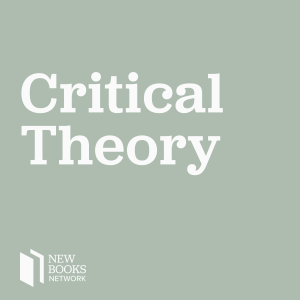
Jodi Rios, "Black Lives and Spatial Matters: Policing Blackness and Practicing Freedom in Suburban St. Louis" (Cornell UP, 2020)
 2021-01-05
2021-01-05
Download
Right click and do "save link as"
In Black Lives and Spatial Matters: Policing Blackness and Practicing Freedom in Suburban St. Louis (Cornell University Press, 2020), Dr. Jodi Rios examines relationships between blackness, space, and racism, in the northern suburbs of St. Louis. She argues that the “double bind of living as Black in North St. Louis County means that Black residents both suffer from, and pay for, the loss of economic and political viability that occurs when they simply occupy space” (1). Rios theorizes “Blackness-as-risk” as foundational to the historical and contemporary construction of metropolitan space. She documents the ways in which Black residents in the north St. Louis suburbs are subject to excessive ordinances and constant policing. Yet, these residents also resist such constraints. After the murder of Michael Brown in August 2014, Black Lives Matter protests erupted throughout St. Louis as well as across the country. Through the lens of such protests, Rios theorizes “Blackness-as-freedom” as “the unique capacity of blackness to embody freedom in the face of death and to imagine other worlds, other futures” (5). Black Lives and Spatial Matters is a transdisciplinary work that draws from history, ethnography, geography, as well as architecture and design, to show how anti-blackness is produced and contested when Black people occupy space.
Jodi Rios is a scholar, designer, and educator whose work is located at the intersection of physical, social, and political space.
Reighan Gillam is an Assistant Professor in the Department of Anthropology at the University of Southern California.
Learn more about your ad choices. Visit megaphone.fm/adchoices
view more
More Episodes
012345678910111213141516171819
Create your
podcast in
minutes
- Full-featured podcast site
- Unlimited storage and bandwidth
- Comprehensive podcast stats
- Distribute to Apple Podcasts, Spotify, and more
- Make money with your podcast
It is Free
- Privacy Policy
- Cookie Policy
- Terms of Use
- Consent Preferences
- Copyright © 2015-2024 Podbean.com





